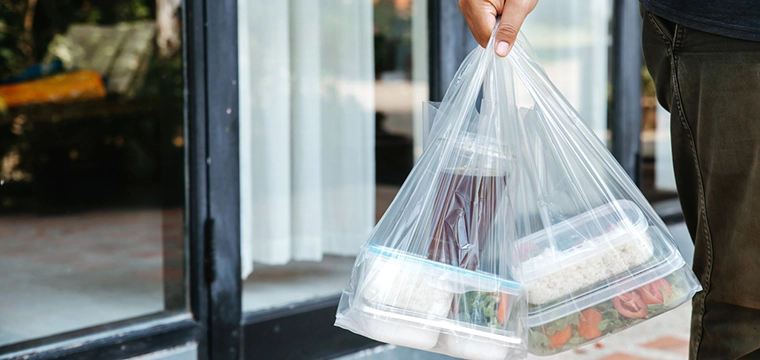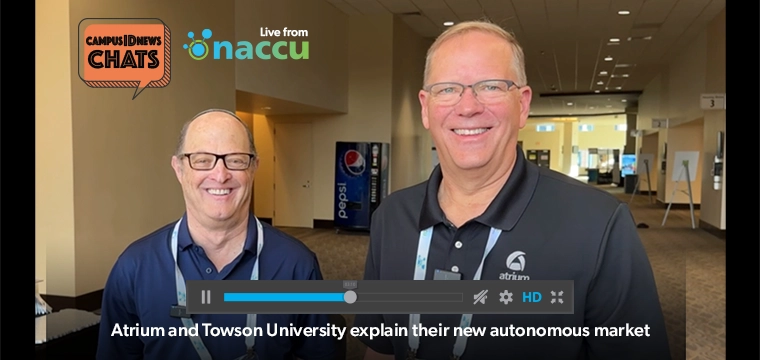
Problem lies not with technology but with bad actors and unsupervised campus locations
Students at Williams College in Massachusetts were getting hangry as the theft of their mobile orders from dining services seemed to be on the rise. The student newspaper covered the story and went a step further, conducting a survey to measure just how widespread the problem really was.
Some call it the dirty little secret of mobile ordering. Others call it a sign of the times. Whatever you call it, stolen food orders on campus are more prevalent than many would like to believe.
A quick google search brings up dozens of articles from student newspapers across the country, each highlighting the problem on their campus. Loyola Marymount, Penn State, Case Western, John Carroll, and many others are first page results. But is is certainly not limited to the campuses where the local news sources have covered the issue.
To be clear, it is not an issue with mobile ordering technology. It is an issue with human behavior. Still campus dining and auxiliary service leaders need to plan for it and create barriers to make it more difficult.
To add numbers to the qualitative reports, the paper’s staff sent a survey to a group of randomly selected students. More than 70% of respondents said they’d had an order stolen this year.
Across the country, it is common for mobile food orders to be marked with the students name and placed in a designated pickup location with other orders. Upon arrival, the student grabs their food and heads out the door. Often there is little or no staff interaction or monitoring of the pickup process. This makes it easy for a thief to lift a meal and go.
The Williams Record article detailed the situation and the survey they conducted.
At Williams College, students use the mobile ordering system to place orders at all times of day – from breakfast to late night – and from multiple dining facilities, snack bars, and cafes. Students interviewed for the article cited theft from all locations and at all times of day.
In an attempt to add numbers to the qualitative reports, the paper’s staff sent a survey to 500 randomly selected students. Of the 84 respondents, more than 70% said they’d had an order stolen this year.
Because the survey was anonymous, nearly 13% fessed up to stealing at least one order in the same period.
Lunch was the most common time for meal theft with more than 55% percent of respondents reporting midday incidents. Dinner was second at just more than 20%.
Obviously the research is not statistically valid. Students who had experienced meal theft would certainly be more likely to submit a response. But even in the unlikely circumstance that zero of the non-responders experienced theft, that would still leave more than one in ten students as victims.
And the theft of a meal doesn’t just impact the one student.
“When someone steals an order, dining staff will remake the meal, which can be a hassle during busy periods,” says the Record article.
Each approach to address the issue has pros and cons, and each comes with a cost. They also add complexity to a process that, at its core, is intended to streamline operations and remove friction from dining process.
This costs dining services money, and the additional order can take precedent over others in the queue, leading to longer wait times for other diners.
Campuses are addressing the issue in a series of ways.
Approaches range from assigning a staff member to supervise the pickup area or physically pass the order to the customer on arrival, deploying security cameras to monitor the pickup locations, and installing lockers to secure orders until a code or campus card is used to retrieve the food.
Each of these approaches has pros and cons, and each comes with a cost. They also add complexity to a process that, at its core, is intended to streamline operations and remove friction from dining process.
Unfortunately, they are necessary.
As stated prior, the problem lies not with mobile ordering technology, but with bad actors and unsupervised locations. Because changing human behavior is beyond our control, we are left to create barriers and adjust our processes.




